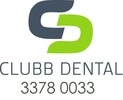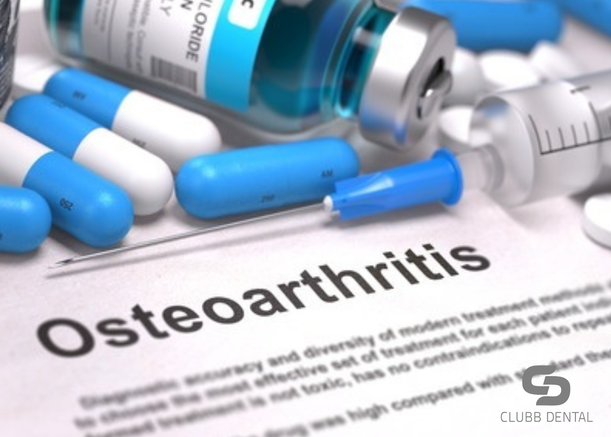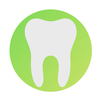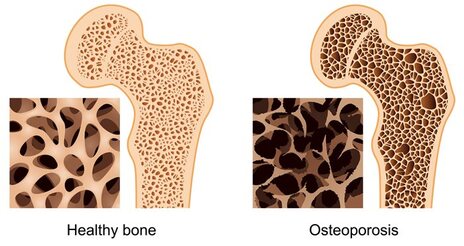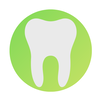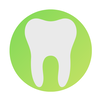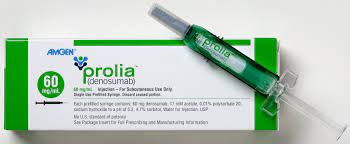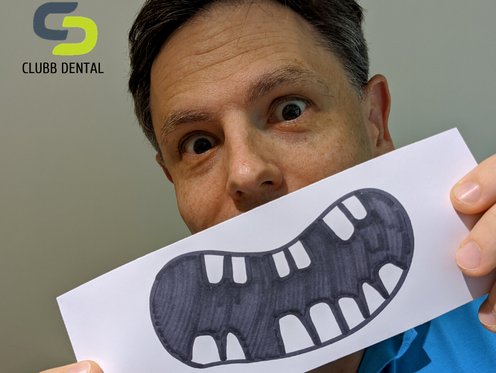OSTEOARTHRITIS MEDICATIONS
& YOUR DENTAL HEALTH
Reabsorptive medications, like bisphosphonates (Fosamax, Actonel, Aclasta & Bonefos) and denosumab (Prolia), are often prescribed to manage conditions like osteoporosis and bone metastases.
We wanted to share some valuable insights about the use of reabsorptive medications and their impact on your dental needs.
We wanted to share some valuable insights about the use of reabsorptive medications and their impact on your dental needs.
OSTEOPOROSIS
Osteoporosis literally means "bones with holes".
It occurs when bones lose minerals such as calcium faster than the body can replace them.
This causes the bones to be less dense and more fragile and break more easily.
Most people find out that they have osteoporosis after suffering a fracture.
Osteoporosis is treated using lifestyle changes and medications.
While these medications are beneficial for increasing bone strength there are some considerations for your dental needs that should also be taken into account before and during treatment with them.
It occurs when bones lose minerals such as calcium faster than the body can replace them.
This causes the bones to be less dense and more fragile and break more easily.
Most people find out that they have osteoporosis after suffering a fracture.
Osteoporosis is treated using lifestyle changes and medications.
While these medications are beneficial for increasing bone strength there are some considerations for your dental needs that should also be taken into account before and during treatment with them.
OSTEOPOROSIS MEDICATIONS
BIPHOSPHONATES
Bisphosphonates encourage bone density by slowing the bones breakdown process and are commonly used in Australia to treat osteoporosis in men and women.
(Examples are: Fosamax, Bonefos, Actonel & Aclasta)
DENOSUMAB
Denosumab slows the breakdown of bone and is given as an injection twice yearly.
(Also known as Prolia)
Bisphosphonates encourage bone density by slowing the bones breakdown process and are commonly used in Australia to treat osteoporosis in men and women.
(Examples are: Fosamax, Bonefos, Actonel & Aclasta)
DENOSUMAB
Denosumab slows the breakdown of bone and is given as an injection twice yearly.
(Also known as Prolia)
EFFECTS ON DENTAL HEALTH
While reabsorptive medications offer several advantages for bone health, they have been associated with potential side effects that can impact oral health.
One of the primary concerns is medication-related osteonecrosis of the jaw (MRONJ), a rare but serious condition characterized by the death of jawbone tissue.
If patients on reabsorptive medications require dental treatments that cause trauma to the bone surrounding the tooth (such as an extraction or a dental implant) this area of bone can die off surrounding the surgical site.
The condition is known as Medication-related osteo-necrosis of the jaw (MRONJ).
One of the primary concerns is medication-related osteonecrosis of the jaw (MRONJ), a rare but serious condition characterized by the death of jawbone tissue.
If patients on reabsorptive medications require dental treatments that cause trauma to the bone surrounding the tooth (such as an extraction or a dental implant) this area of bone can die off surrounding the surgical site.
The condition is known as Medication-related osteo-necrosis of the jaw (MRONJ).
DENTAL CONSIDERATIONS
If you are taking reabsorptive medications, it's crucial to communicate with both your doctor and dentist.
Together, we can develop a comprehensive treatment plan that considers your oral health needs while ensuring the management of your underlying condition.
Here are some important considerations:
Together, we can develop a comprehensive treatment plan that considers your oral health needs while ensuring the management of your underlying condition.
Here are some important considerations:
- Pre-treatment dental evaluation: Prior to starting reabsorptive medications, it's recommended to undergo a thorough dental examination. This evaluation helps identify and address any existing dental issues, reducing the risk of complications during treatment.
- Oral hygiene and maintenance: Maintaining excellent oral hygiene practices is essential for all individuals, but it becomes even more critical when taking reabsorptive medications. Regular brushing, flossing, and dental check-ups can help prevent oral infections and minimize the risk of complications.
- Dental procedures and medication management: Inform us about your medications before any dental procedure (This is one reason we regularly ask for updated medical histories). Certain invasive procedures, such as extractions or implant placements, may require alterations in the medication schedule to minimize the risk of complications.
If you experience any oral health problems.
Seek prompt dental care to prevent potential complications.
Seek prompt dental care to prevent potential complications.
If you have any further questions regarding Osteoporosis Medications or any other dental question please give us a call or send us a message, we would love to help.
If you have loved this blog and would like to receive more straight into your inbox click below.
Services |
Company |
|
